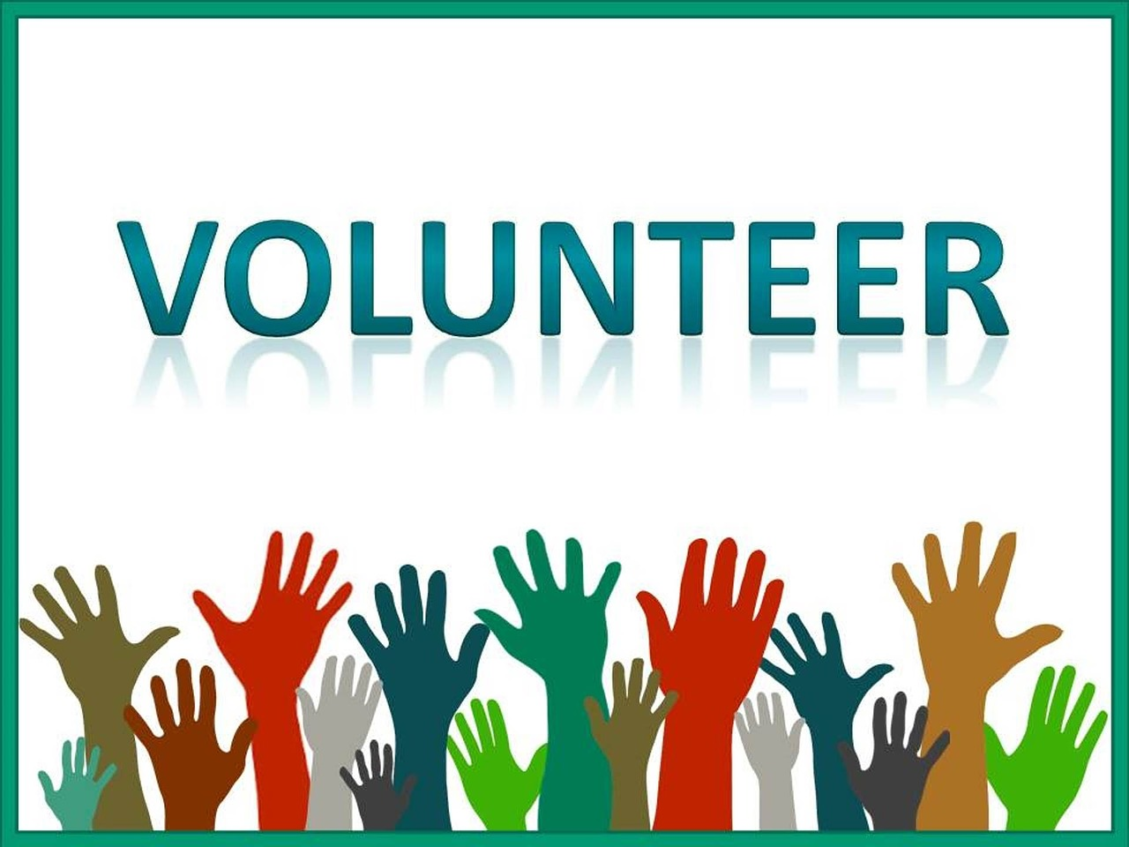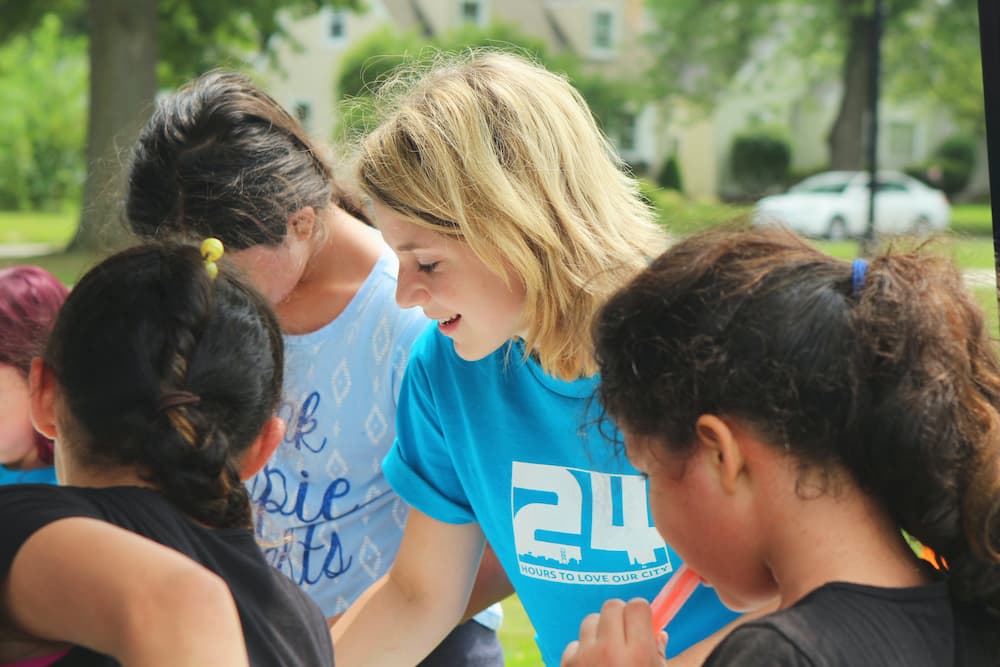
Volunteering is work that is carried out voluntarily and does not involve monetary compensation. It is impossible to establish the exact date of the origin of this approach. Formally, even one of our ancestors or Russian brides helpers can be considered the first volunteer who helped light a fire for his neighbor from a nearby cave without expecting anything in return.
If we approach the issue more formally, volunteering, or voluntary assistance to those in need, is rooted in the work of Sisters of Mercy, the creation of orphan schools maintained at the expense of alms, and the activities of doctors who worked for free in hospitals. In the United States, the popularization of voluntary uncompensated work began in the days of Benjamin Franklin, when the first volunteer fire brigade was created in Philadelphia. The Americans began to massively participate in volunteer work later thanks to the Red Cross.
What Organizations Are Available to Choose?

Many voluntary organizations around the world are now available where you can work in exchange for space and board. You offer your job and experience – you are fed and given a sleeping spot. Often you can get different bonuses for the volunteering work. For example, you can get a ticket to a music concert or a “temporary loan” – the opportunity for an hour to engage in various activities like swimming or learning a foreign language. Some people make voluntary work a way of life, raise a little pocket money, and move between cheese farms, buildings, and schools for local children.
Volunteering can be temporary or regular. Quick volunteering is popular at events like the Olympic Games, Formula 1, and various marathons. Eco-and educational projects, as a rule, also imply a certain period of work agreed in advance with the organizers. At the same time, the volunteer has the opportunity to become a participant in the events and see the life of the project from the inside: you can, for example, accidentally meet Usain Bolt in slippers in the Olympic Village, look at the tires of a smoking car on a test drive, help turtles get to the ocean or harvest oranges somewhere in the Spanish wilderness.
But if you want to be, for example, a clown doctor or a volunteer of the Give Life Foundation, to work in a hospital, you need to be ready for regular work. It is preceded by selection and preliminary preparation, which can take from several weeks to several months.
Where to Start?
You must first dream and ask yourself honestly what you want: it’s a long-range idea to work for free in a job you want. You may have dreamed as a child of being a clown and enjoying kids, or of riding horses, but your parents have forbidden them? Or perhaps you want to cross the oceans? Maybe you want to understand how to grow or create houses for potatoes and tomatoes, even though you have only made LEGOs? Or are you tired that garbage is lying around in a nearby park, and you would be happy to wave a rake at a clean-up day?
Suppose work “in the fields” is not your strong point. In that case, you can try creative projects. For example, work in museums galleries, at local and foreign festivals – music and film – and participate in other projects. There is work to your liking for everyone. By the way, some are hired in pairs, so you don’t have to take your vacation alone.
When you are dreaming enough, you can start taking action. You should also remember that at large-scale and popular events where many want to go. For example, at the Olympic Games, Burning Man, Oxford Film Fest), they become volunteers only after selection, and you may also have to undergo training. In such cases, applications must be submitted vehemently in advance – about six months to a year before the event: for example, recruitment for volunteer vacancies for the Rio Olympics began two years before the competition. The same rule applies to projects that require special skills. For example, special training is needed to work with people with special needs. Plus, you need to set aside time for obtaining a visa and buying tickets – as a rule, you need to do this yourself.


